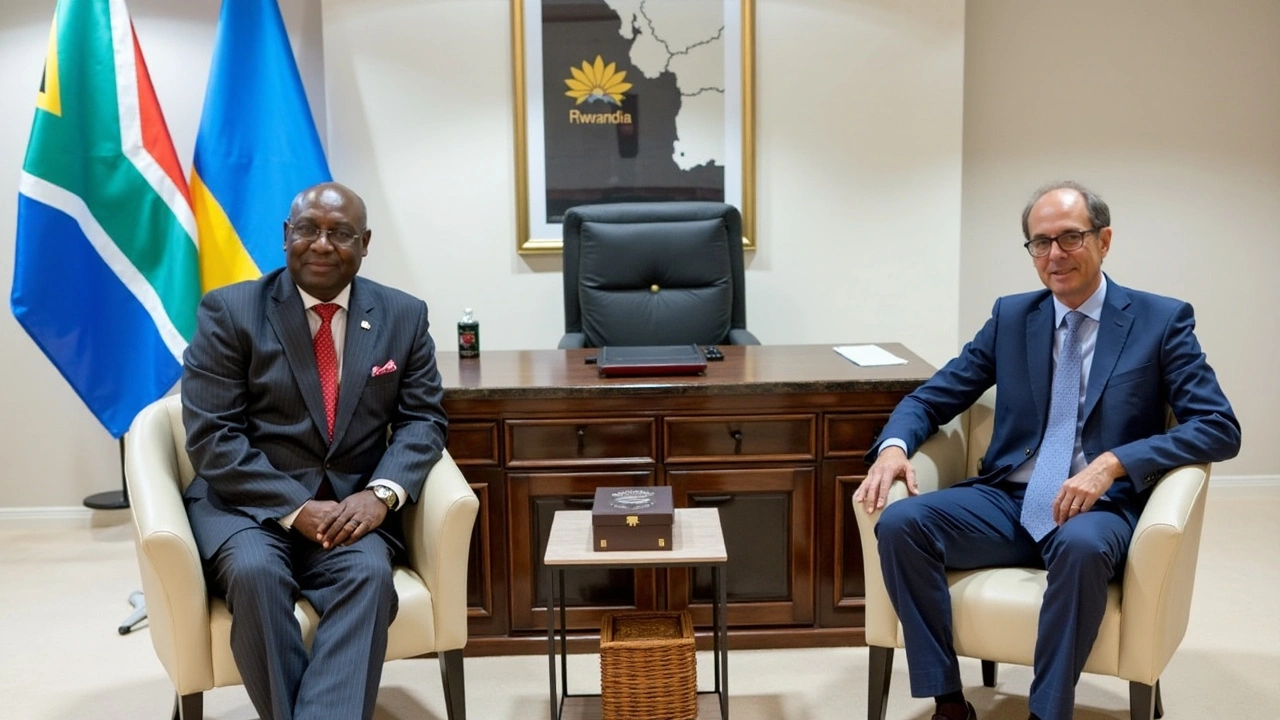Understanding the DRC Conflict: What You Need to Know
The Democratic Republic of Congo (DRC) has been facing armed conflict for decades, impacting millions of lives. If you’ve heard about this crisis but aren’t sure what’s really going on, here’s a straightforward look at the situation and why it matters.
The conflict involves various armed groups fighting over control of land, resources, and political power. It’s not just a local issue; different regions within the DRC are affected differently, which makes peace efforts tricky. You’ll often hear about violence in the eastern provinces, where rebel groups operate and civilians suffer the most.
Why Is the Conflict Ongoing?
One big reason the conflict drags on is competition for valuable resources like minerals. These are important not only for the country’s economy but also for companies around the world. Armed groups take advantage of this, funding their activities through illegal mining and trade. This keeps the cycle of violence alive, as they resist government and international attempts to regain control.
Another challenge is the complex ethnic and political landscape. Some groups feel marginalized or unfairly treated, which fuels tensions. Plus, weak government presence in remote areas limits law enforcement and protection for the people who live there.
What’s Happening Now?
Recent reports show flare-ups in violence, but there are also ongoing peace talks and efforts from African governments and international partners. Humanitarian aid organizations are working to support displaced families, providing food, shelter, and medical care. However, access is often difficult due to insecurity. Understanding these updates helps to see how the situation evolves daily and why it’s important for the region and beyond.
If you want to keep following the DRC conflict, paying attention to reliable news sources and expert analysis is key. It’s a developing story with many layers, but at its heart are people hoping for stability and peace.
Rwandan President Paul Kagame criticized South Africa's role in the Democratic Republic of Congo's conflict, labeling the Southern African Development Community Mission in the DRC as belligerent. Ahead of a SADC summit in Harare, Kagame accused South African officials of distorting private conversations and contended that SAMIDRC's military approach displaced genuine peacekeeping efforts, worsening the situation.


 Sports
Sports